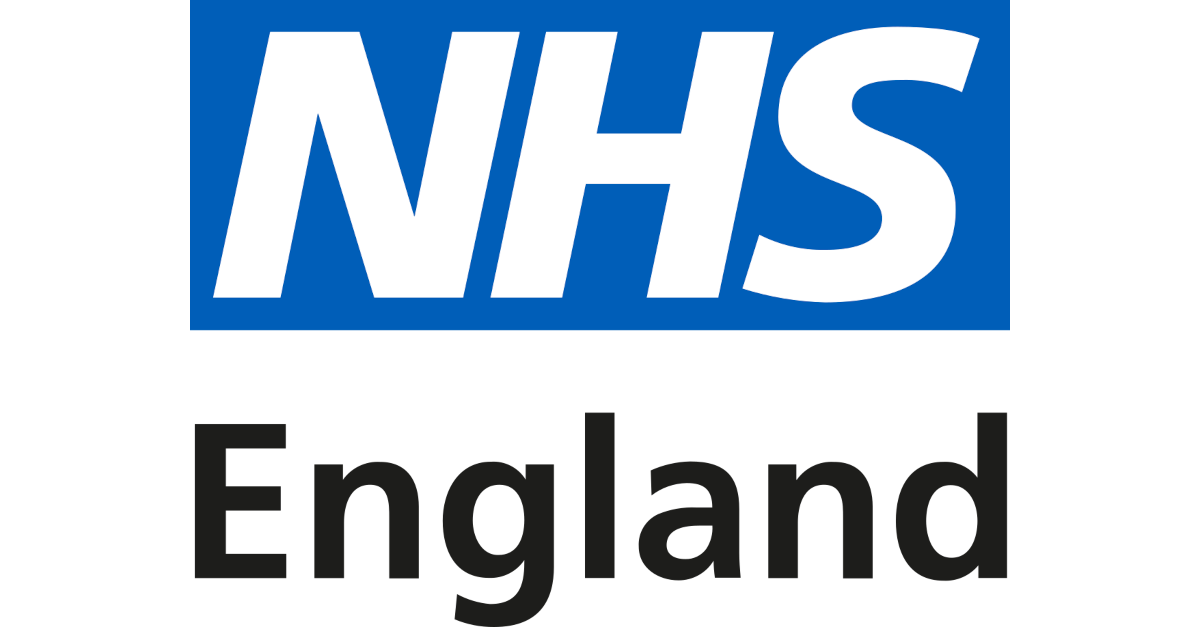Revolutionary AI-driven 3D heart scans cut the need for invasive tests and have already saved millions of pounds, according to new analysis.
Now rolled out across 56 NHS hospitals in England, the clever tech enables doctors to diagnose and treat patients with suspected heart disease much faster by turning a CT scan of their heart into a personalised 3D image which is then analysed using AI.
The sci-fi like tool is helping give tens of thousands of patients at risk of potentially life-threatening coronary heart disease a faster and more accurate diagnosis, while also freeing up capacity in the NHS.
One of the patients who has benefitted from the technology said that she wasn’t a classic case of coronary heart disease but this enabled the cause of symptoms to be quickly identified, which was potentially lifesaving.
A new study of the technology’s use, published in Nature Medicine, found that it reduced the number of patients needing invasive angiogram tests by a sixth (16%) in cases where it was later found no further treatment was required – and by 7% overall.
The number of second heart tests patients needed within a two-year period has also been cut by 12%.
New NHS data also shows that over 24,300 patients so far have benefitted since the technology was rolled out on the NHS in 2021, enabling hundreds of patients to avoid invasive procedures and saving the NHS an estimated £9.5m – equivalent to around £390 per patient.
A total of 6,898 patients had access to the AI-driven analysis – called Heartflow – in the last year alone.
The NHS has said that this is a prime example of how technology will make the NHS fit for future generations as part of the 10 Year Health Plan, set to be published in the summer.
Dr Vin Diwakar, national director of transformation at NHS England, said: “It is fantastic see that these revolutionary AI-driven 3D heart scans, supported by NHS England, are transforming cardiac care by significantly reducing the need for invasive tests, speeding up diagnoses, conserving NHS resources, and enabling clinicians to advise patients on the best treatment for their condition.”
Coronary heart disease (CHD) develops when fatty material builds up inside the coronary arteries, restricting the blood flow and oxygen supply to the heart, and putting patients at risk of heart attacks or heart failure. It is the most common type of cardiovascular disease, affecting 2.3 million people in England.
Previously patients suspected of having CHD would need to undergo a CT scan and if a narrowing or blockage in a coronary artery was suspected, many would need an invasive angiogram to confirm the diagnosis. This involves inserting a catheter into a blood vessel, then having dye injected so that narrowed or blocked blood vessels can be seen on an X-ray.
Instead, the new technology uses specialist analysis of the CT scan of the heart to create a personalised 3D model of a patient’s coronary arteries and assess the extent and location of blockages, which is interpreted by a cardiologist.
Many patients can then be treated through medication and lifestyle changes, with an invasive angiogram only recommended if they may need to undergo surgery or have a stent fitted.
The tool also has the ability to suggest the size and position of stent that would work best for the specific patient.
Sarah Remnant, from Portsmouth, benefitted when she was referred to hospital after suffering breathlessness and severe chest pains which left her struggling to walk upstairs.
Doctors carried out the 3D heart scan as part of their tests and quickly identified a significant narrowing of an artery. Medics pre-planned her treatment using the technology and Sarah, then 50, underwent surgery to fit a stent a few days later.
Now completely recovered, Sarah said: “I wasn’t a classic case but thanks to this technology, the cause of my symptoms was quickly identified – which possibly saved my life.
“The consultant talked me through the scan, which was empowering as I could fully understand my diagnosis and the plan for treatment.
“I feel amazing now and am very grateful that I had access to this as it was so reassuring to have that extra information at such a worrying time.”
The new study looked at the use of HeartFlow Analysis among 90,000 NHS patients over three years between 2017 and 2020, with the tool used on nearly 8,000 of them. The results showed personalised imaging reduced unnecessary, potentially risky tests while increasing the number of people being treated for heart disease by more accurately diagnosing patients.
Lead clinician on the study Dr Timothy Fairbairn, Consultant Cardiologist at the Liverpool Heart and Chest Hospital and Honorary Associate Professor at the University of Liverpool, said: “These results show that this technology reduces the need for tests so that patients only undergo necessary treatments, demonstrating how AI technology can both improve care as well as increase efficiency in the NHS.
“The nationwide study, funded by the Medical Research Council, also showed that the huge benefits of this tool can be felt by all patients equally, no matter where they live.”
From 2021, NHS England rolled out the technology through the MedTech Funding Mandate programme, which aims to ensure patients and the NHS benefit from clinically effective and cost saving medical technologies faster and more equitably.
Integrated Care Boards and NHS trusts fund the use of the technology, which is currently available in 56 hospitals in England.




